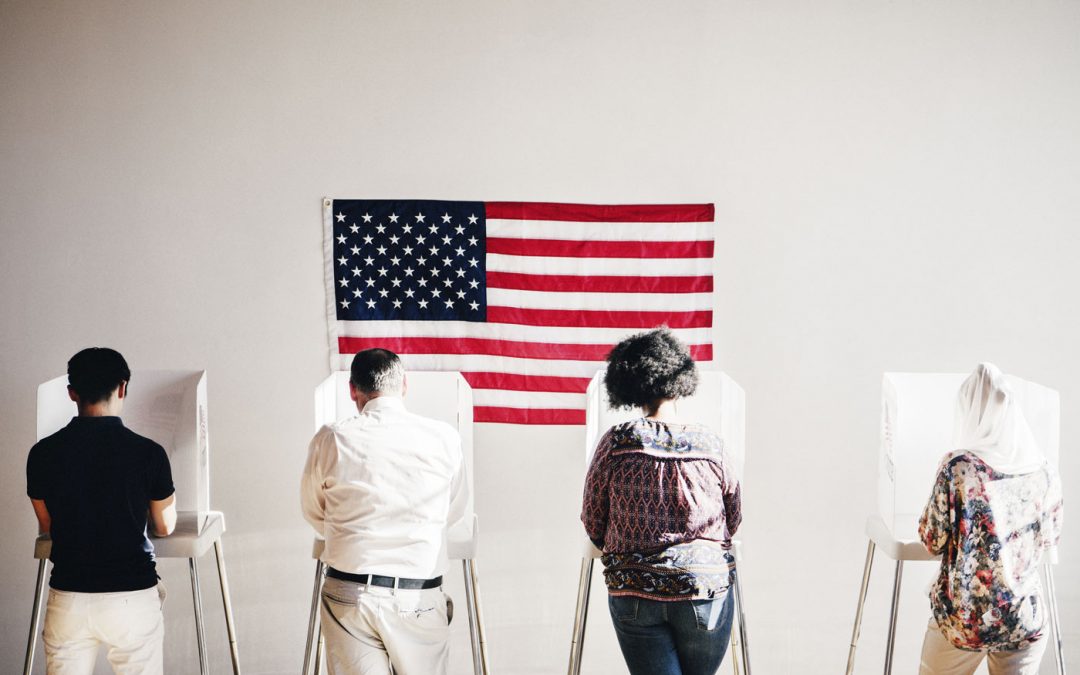Proposition 22 has passed in California, allowing gig-employment giants like DoorDash, Uber, Lyft and Grubhub exemption from the state’s gig-employment law. The total votes are still being tallied in California, but it appears that the ballot measure won by a resounding margin. As of November 10, 58.4 percent of voters voted “yes” on the measure.
As we’ve covered in the past, the ballot measure came out of the landmark AB5 bill that would have forced companies to consider workers as employees if they didn’t pass a three-part test. The test, formally known as the ABC test, examined if the workers were free from company control, are not doing work central to the company’s business and has an independently established trade.
Uber tried especially hard to argue that its drivers passed the test, but all the legalese in the world just didn’t add up to keep gig drivers in a ride-hailing company directed by the Uber app as contractors. So, the company along with DoorDash and others pledged to fight the law in a ballot measure, which ultimately became Proposition 22.
In all, proponents of the measure raised more than $205 million to campaign around the ballot measure. If you lived in California, you probably heard an ad every day on TV, on radio, via podcasts and in digital ads. The ads extolled the virtues for gig workers like flexible schedules and maintaining control over their work. It also lobbied customers, saying prices would rise if Proposition 22 failed.
That effort clearly worked. DoorDash was the first to declare the vote a win for gig workers. In a blog post, Tony Xu, cofounder and CEO of DoorDash, wrote that the victory goes to the Dashers.
“This victory belongs to the tens of thousands of Dashers and small businesses who advocated so forcefully for this campaign, as well as the customers and the communities we serve. Californians embraced a new, progressive approach to the future of work that provides certainty, economic security and continuity for the millions of Californians who look to DoorDash to earn supplemental income,” wrote Xu.
He added that the other new rules under Proposition 22 will maintain that flexibility, but also enhance the industry with new provisions within California. Those new provisions include a hither guaranteed minimum wage, healthcare subsidies for drivers who hit various hourly tiers and newly expanded insurance benefits.
Xu also vowed to work with other states on gig employment rules.
“Prop 22 represents the approach that works for California, but each state is unique. We are committed to working with lawmakers across the country and in Washington to develop tailored solutions that reflect the 21st century economy,” Xu said.
During its latest earnings call, Uber CEO Dara Khosrowshahi similarly said the company would be more involved in advocacy like this going forward.
“You’ll see us more loudly advocate for new laws like Prop 22, which we believe strike the balance between preserving the flexibility that drives value so much, while adding protections that all gig workers deserve,” said Khosrowshahi. “Our proposal for a new pragmatic approach is supported by 82 percent of drivers and 76 percent of voters. And it’s a priority for us to work with governments across the U.S. and the world to make this a reality.”
Lyft’s chief policy officer and former U.S. Secretary of Transportation also chimed in telling the Washington Post, “Prop 22 has now created a structure for us to discuss with leaders in other states and Washington, potentially. We think that Prop 22 has now created a model that can be replicated and can be scaled.”
Of course, there were detractors. Robert Reich, a former U.S. Secretary of Labor, said it was a blow to worker protections and puts workers across the industry in peril.
“Prop 22 is great for employers, but it’s a huge loss for workers,” Reich told The New York Times. “This will encourage other companies to reclassify their work force as independent contractors, and once they do, over a century of labor protections vanishes overnight.”
The massive effort on behalf of the Silicon Valley delivery giants also raised some questions about the outsized effect of such firms on legislative process. In an article co-authored by University of California law professor, Veena Dubal, and professor and cofounder of AI Now Institute, Meredith Whittaker, some of those concerns were highlighted. Whittaker, who researches corporate technology power, wrote that the ability to raise this amount of money demonstrated outsized control over the democratic process.
“To get Prop 22 passed, gig companies—which have yet to turn a profit—spent a historic $205 million on their campaign, effectively creating a political template for future anti-democratic, corporate law-making. In near-constant television and internet ads, mailers, emails, and texts, the companies made claims about the proposition that were emphatically untrue—including that the proposition ensured that workers made a minimum wage,” wrote Whittaker.
The article went on to say that this was just the first of many more likely battles.
“Just as worker power and organized pressure made a path for AB5 in California, it can do the same at a national level,” according to the article. “Whoever the next president is, it’s our job to relentlessly pressure them to disavow Prop 22’s specious worker classifications in California and beyond.”
There is little doubt that battles like this will continue across the country. After AB5 passed, many similar laws were set in motion. Whether this truly is a template for the gig companies or an overwhelming attempt at preserving the economics in a critical market like California, of course, remains to be seen.


